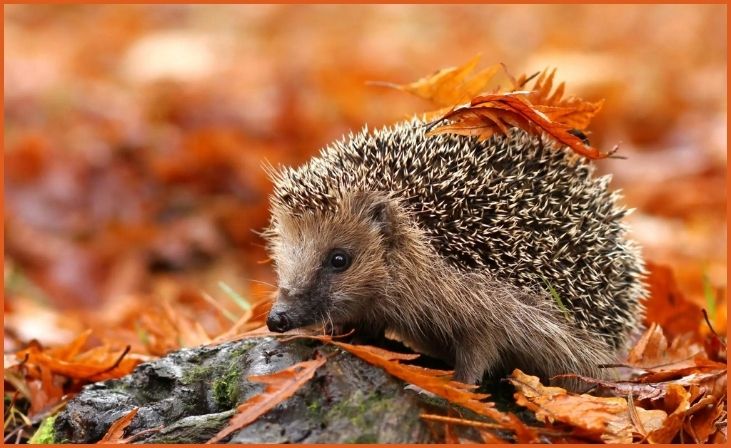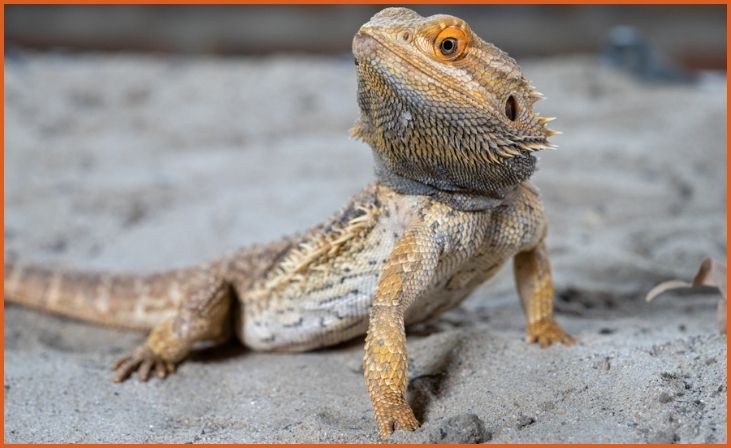Certain animals, despite their appeal as pets, are banned in various parts of the United States due to concerns about public safety, ecological impact, or the potential for these species to become invasive. Here are nine animals you might be surprised to learn are Top 9 Illegal Pets in the United States.
Hedgehogs

Hedgehogs, though undeniably cute, are illegal in places like New York City, Arizona, and California. The bans stem from concerns that if these non-native animals were to escape or be released, they could establish wild populations that might threaten local ecosystems.
Ferrets
Ferrets are popular pets in many parts of the world, but in the U.S., they are banned in Hawaii, California, and Washington, D.C. The primary concern is their potential to spread rabies, a risk that has led to strict regulations, especially in rabies-free Hawaii.
Sugar Gliders
These small, nocturnal marsupials are restricted in states like Alaska, California, Hawaii, and New York City due to concerns about their care needs and potential environmental impact. Pennsylvania and Massachusetts do allow ownership, but only with a special permit.
Chinese Hamsters

Chinese hamsters are prohibited as pets in California and Hawaii, largely due to fears that they could damage crops and disrupt native ecosystems if they were to escape into the wild.
Pigs
Pigs, despite their intelligence, are banned as pets in New York City. This is because of concerns about their potential for aggression and the difficulties of managing them in an urban environment.
Venomous Reptiles
Many states, including Tennessee, Florida, and California, have outright banned the ownership of venomous reptiles. Even when the venom is removed, these animals are considered too dangerous to be kept as pets, posing significant risks to public safety.
Bearded Dragons

Bearded dragons, while popular pets elsewhere, are not allowed in Hawaii. The island state’s delicate ecosystem has no natural predators for these reptiles, which means their introduction could pose serious threats to native wildlife.
Quaker Parakeets
Quaker parakeets, or monk parakeets, are illegal to own in states like California, Connecticut, and Hawaii. The concern is that these birds, if released, could form feral populations that might disrupt local ecosystems and agriculture.
Bobcats
Bobcats are wild animals with naturally predatory instincts, making them unsuitable as pets. In many states, their ownership is completely banned, while others may offer permits under very strict conditions. Their large size and natural behaviors pose significant challenges for potential owners.



